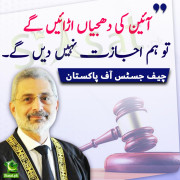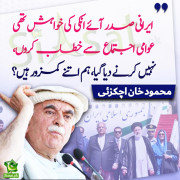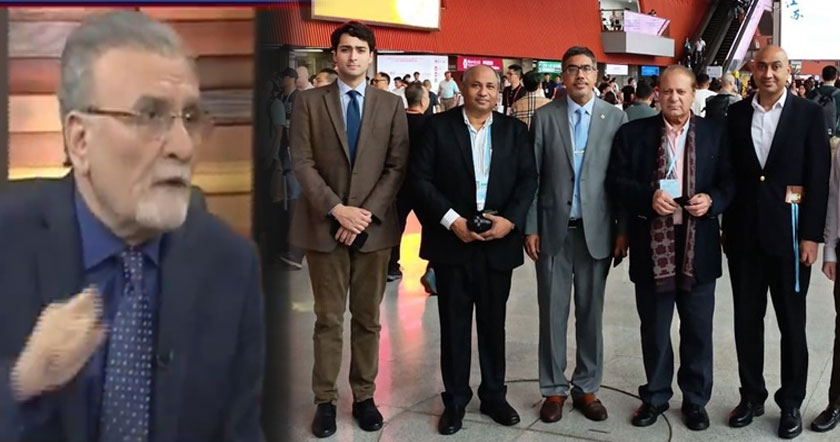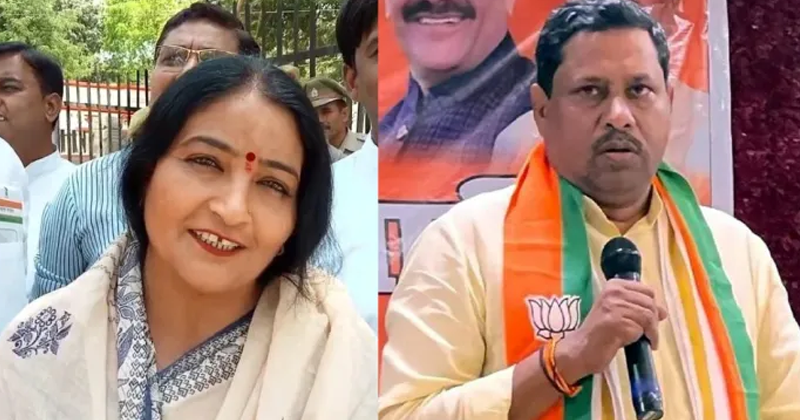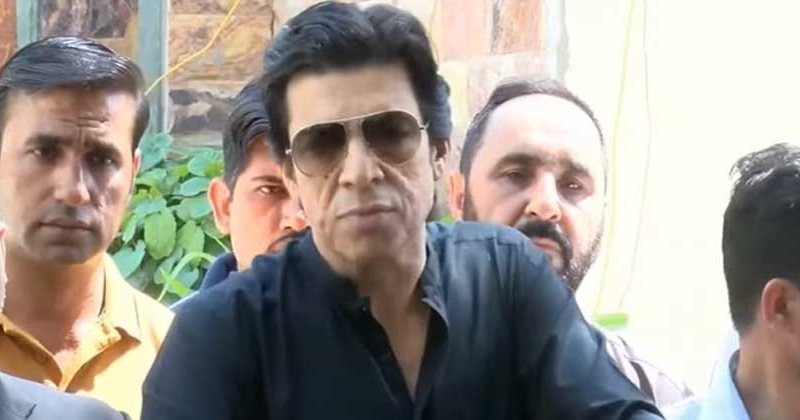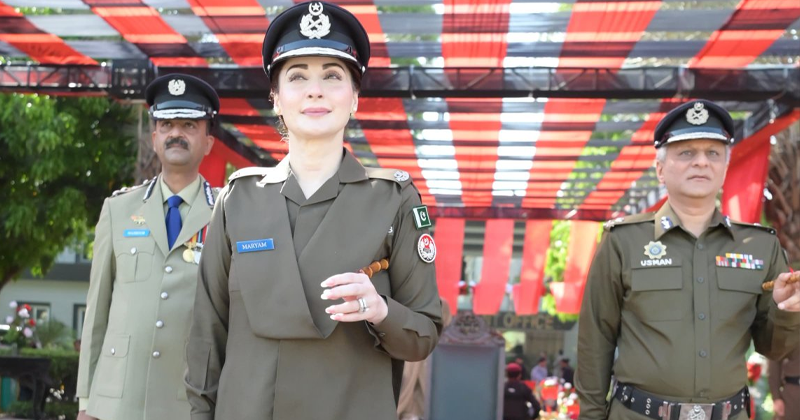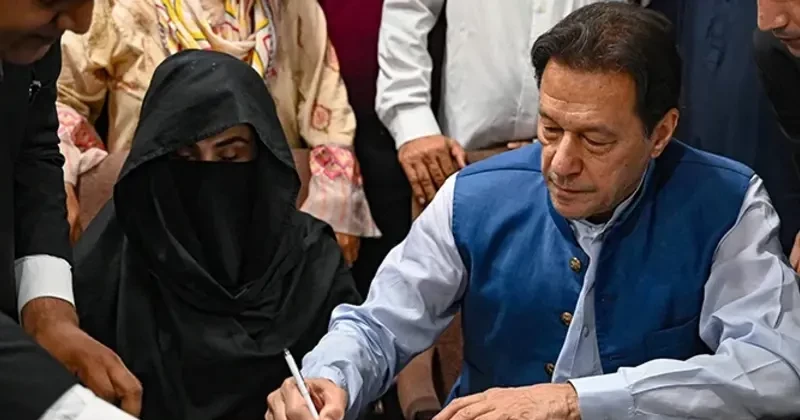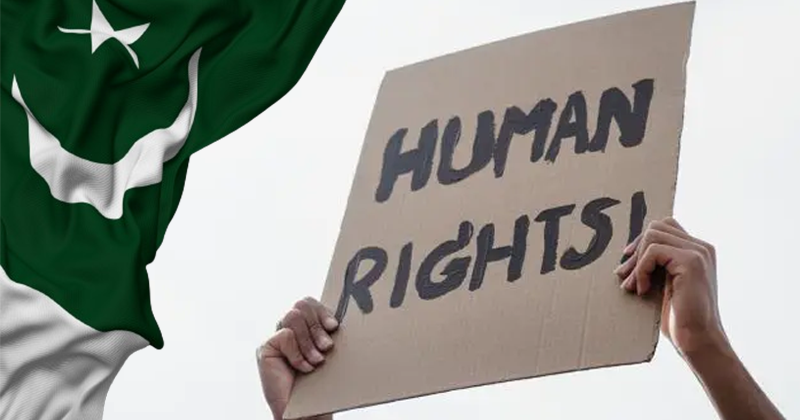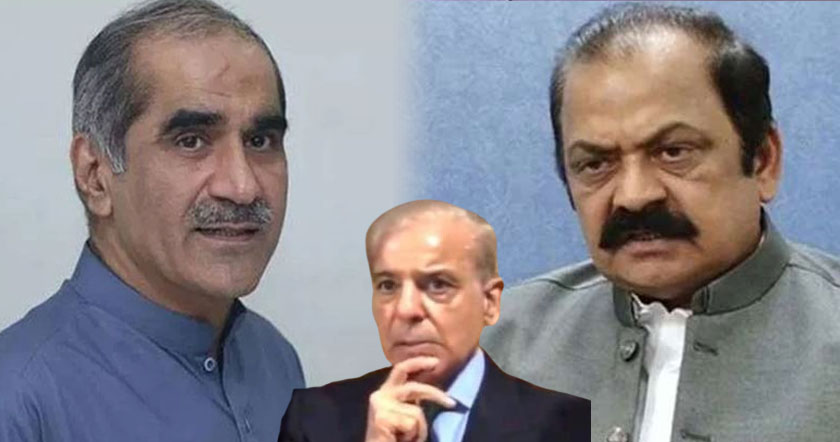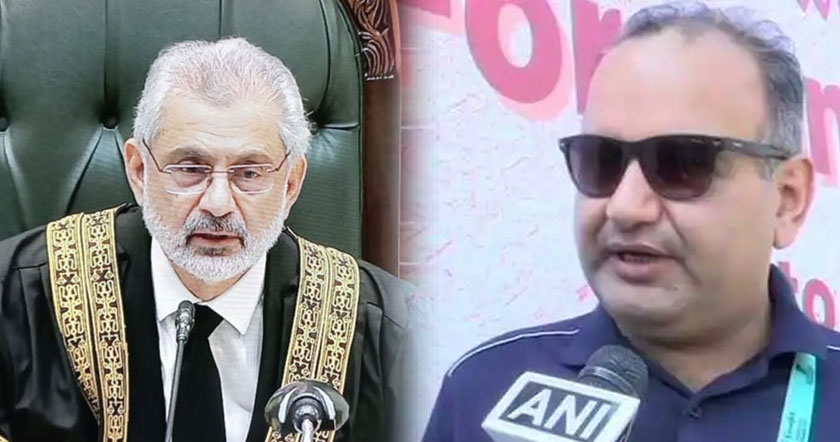The commentators of cricket
Sunday, August 02, 2009
By Aakar Patel
http://www.thenews.com.pk/arc_news.asp?id=9
This year Richie Benaud is retiring from commentary and he will be missed. He was the best commentator in cricket, and he had sympathy for poor nations. This is surprising because he played in the era of gentleman cricketers, when touring teams on the subcontinent were not put up in five-star hotels but in hostels, with shared toilets and kitchens. But Benaud understood, and had great patience.
Gavaskar says he learnt one thing from Benaud, and it is something that all commentators should know. A batsman had struck his 100th run and was taking his cap off and raising his bat to the audience. Gavaskar picked up the microphone and brought it to his mouth, but felt Benaud touch his other hand, and stopped.
Gavaskar understood: Benaud wanted him to let the viewer enjoy the sound of the ovation without explaining it.
A second time, also in Australia, I saw the value of this was when Lloyd was walking back after being dismissed in his last test at Sydney, during the 1984-85 series. He had won the series but lost the match. He walked to the dressing room head down, to a standing ovation and silence from the commentators.
Talking too much is a problem that Indian commentators have, and it's part of our culture of noise and intrusion. India is the only nation where there are advertising breaks not just between overs, but between deliveries. And when the camera returns there is another advertisement scrolling down the bottom as the bowler runs in, and it goes away only at the point of delivery. We don't mind it, of course, and that's why advertisers pay for these spots. In the west, they would face a boycott.
Cricket is an atmospherics sport of the village green, but is reduced in India to its physical act.
The clever social commentator Ashis Nandy wrote that 'cricket is an Indian game accidentally discovered by the English'. It is no such thing.
Test cricket is a very English sport and Indians and Pakistanis can neither correctly applaud it, nor comment on it.
Asked once where he liked to play, Gavaskar said he didn't like the ground at Lord's because it sloped, but added he had noticed that the audience was different there. Why?
Because they applauded in a particular way: three claps. Clap-clap-clap. Silence. That brought in a quality of measured respect that is different from the shrieking and dancing and banging of desis in the stands. In Calcutta, they light fires in the stands like neanderthals. You could enjoy that, of course, and that's fine. But it's not civilisation.
Indian commentators are like the spectators. They are loud, excitable, and say mostly rubbish (like the awful audience banners in India).
I heard to my surprise one afternoon Ravi Shastri referring to Benaud as "the master". The sentiment was fine; the surprise was that having recognised Benaud's qualities Shastri picked up so little from him.
Shastri deals in clichs. He also uses Bombay pidgin, which needs correction, like his stock phrase: "You can be rest assured."
Everyone has stock phrases: Tony Greig cannot get through a match without remarking that the spectators would soon be "dancing in the aisles". But strip Shastri of his, and nothing remains.
What of the other Indian commentators?
Gavaskar is sombre, but boring. He sucks the life out of the game and has very little to add that is original. Harsha Bhogle ("Bee-yooo-tifully played") is irritating.
The man I used to like was Navjot Sidhu. In the manner of Indians, he was also excitable and spoke too much, but at least he was original, both in his use of metaphor and in his delivery.
A second man who is interesting is Arun Lal, who is composed and has humour about him. He is also bilingual, which is important in India.
Kris Srikkanth talks the way he batted, flailing about at random. Much of what he says cannot be understood, though that's probably not a bad thing, because he speaks so fast.
Javagal Srinath sounds like a schoolboy reading an essay: earnest and banal.
The best Indian commentator is someone who doesn't speak much anymore, Mansur Ali Khan. A genius batsman who played with one eye, he was Oxbridge and upper-class, like Dickie Ratnagur. Following Bollywood's dialogue and lyrics, cricket commentary, which used to be aimed at the balcony till the 70s, is now aimed at the audience in the stalls.
Of the Pakistanis, I like Rameez Raja because he is able to denationalise himself (which is important because most of his work is now in India). Waseem Akram, a second Pakistani who is mostly in India, also has that ability, though he struggles with English more than Rameez does.
In Lahore a few years ago, I was driven about by Riyasat, a very polite man. An India-Pakistan series was on and he would have the car's radio tuned to the match, but always on the Indian station. I asked him, wincing at the screaming that went for commentary, why he didn't tune in to the Pakistani station. The Indians, Riyasat explained, always sound like more is happening in the match.
V S Naipaul disliked West Indians because they had nothing of the intellect to offer and instead promoted their eccentricity, seen on the grounds of the Caribbean with such characters as 'Gravy' and 'Mayfield'.
But the three current West Indian commentators are all first rate, and none of them is a character. Michael Holding is calm, with an excellent voice and funny. Ian Bishop is very English and proper -- I like that and not at all like the fast bowler he was.
And of course Tony Cozier, who like Benaud has been commentating for decades, and doing it well. How cruel it is to be listening to him he was commentating in the 70s and 80s when Lloyd's team was the best side in the world describing West Indies being beaten by Bangladesh, at home.
The other Black commentator is Zimbabwe's Pommie Mbangwa, who like Bishop is very English and has very good presence.
The eccentrics are actually to be found on the English side: Henry Blofeld and Geoff Boycott. Blofeld was Eton and Cambridge and looked and spoke like someone out of Wodehouse. His offering was entertainment rather than illumination, and he repeated his earrings theme far too often to be interesting. He was the first foreigner to sense that money was to be made in India, and crafted his commentary for the natives.
Another man to do that is Dean Jones. He has made himself a clown with his mid-innings buffoonery that the Indian channels make him do. Thinking he was off-microphone, Jones once joked that the South African Gujarati batsman Hashim Amla looked like a terrorist. He was forced to apologise for that, but I'm not sure why.
Who else? Barry Richards. No commentator, not even Boycott and his 'corridor of uncertainty', understands the science of batting as Richards does. He refers to the 'hitting arc', the sweep of the bat as it intercepts the ball, a phrase we had not heard used before. It is reassuring when commentators know what's going on. Benaud would say: "Good shot for three" the moment the ball was struck, and that was not just knowledge but confidence.
A recent Indian innovation has been the introduction of comely women to the studio. They are never handed the microphone when the action is on, of course, but they get to prance about and ask questions of Ian Chappell, the best commentator in the world after Benaud.
I am in favour of this and encourage it; at least we shall have something attractive to look at. And who is to say that the bimbo's twittering is in any way inferior to Harsha Bhogle's twittering?
Good commentary elevates cricket.
In that 1984-85 series, Lloyd's last and the best I have ever seen, a West Indian bowler, I think it was Marshall, bowled a bouncer to an Aussie tail-ender, I think it was Terry Alderman, who ducked but had no time to bring his bat down, which stood up above him, something that is called the 'periscope'. The ball hit the back of the bat and flew to fine leg for four. Silence in the slips, and silence in the commentary box. "The thing about that shot," said Benaud slowly, "is that it's so difficult to time."
Here are my favourite commentators, whom I have loved listening to and who have made me enjoy cricket.
Team one: Richie Benaud and Mansur Ali Khan. Expert: Barry Richards
Team two: Ian Chappell and Michael Holding. Expert: Geoff Boycott
The writer is director with Hill Road Media in Bombay. Email: aakar@ hillroadmedia.com
Sunday, August 02, 2009
By Aakar Patel
http://www.thenews.com.pk/arc_news.asp?id=9
This year Richie Benaud is retiring from commentary and he will be missed. He was the best commentator in cricket, and he had sympathy for poor nations. This is surprising because he played in the era of gentleman cricketers, when touring teams on the subcontinent were not put up in five-star hotels but in hostels, with shared toilets and kitchens. But Benaud understood, and had great patience.
Gavaskar says he learnt one thing from Benaud, and it is something that all commentators should know. A batsman had struck his 100th run and was taking his cap off and raising his bat to the audience. Gavaskar picked up the microphone and brought it to his mouth, but felt Benaud touch his other hand, and stopped.
Gavaskar understood: Benaud wanted him to let the viewer enjoy the sound of the ovation without explaining it.
A second time, also in Australia, I saw the value of this was when Lloyd was walking back after being dismissed in his last test at Sydney, during the 1984-85 series. He had won the series but lost the match. He walked to the dressing room head down, to a standing ovation and silence from the commentators.
Talking too much is a problem that Indian commentators have, and it's part of our culture of noise and intrusion. India is the only nation where there are advertising breaks not just between overs, but between deliveries. And when the camera returns there is another advertisement scrolling down the bottom as the bowler runs in, and it goes away only at the point of delivery. We don't mind it, of course, and that's why advertisers pay for these spots. In the west, they would face a boycott.
Cricket is an atmospherics sport of the village green, but is reduced in India to its physical act.
The clever social commentator Ashis Nandy wrote that 'cricket is an Indian game accidentally discovered by the English'. It is no such thing.
Test cricket is a very English sport and Indians and Pakistanis can neither correctly applaud it, nor comment on it.
Asked once where he liked to play, Gavaskar said he didn't like the ground at Lord's because it sloped, but added he had noticed that the audience was different there. Why?
Because they applauded in a particular way: three claps. Clap-clap-clap. Silence. That brought in a quality of measured respect that is different from the shrieking and dancing and banging of desis in the stands. In Calcutta, they light fires in the stands like neanderthals. You could enjoy that, of course, and that's fine. But it's not civilisation.
Indian commentators are like the spectators. They are loud, excitable, and say mostly rubbish (like the awful audience banners in India).
I heard to my surprise one afternoon Ravi Shastri referring to Benaud as "the master". The sentiment was fine; the surprise was that having recognised Benaud's qualities Shastri picked up so little from him.
Shastri deals in clichs. He also uses Bombay pidgin, which needs correction, like his stock phrase: "You can be rest assured."
Everyone has stock phrases: Tony Greig cannot get through a match without remarking that the spectators would soon be "dancing in the aisles". But strip Shastri of his, and nothing remains.
What of the other Indian commentators?
Gavaskar is sombre, but boring. He sucks the life out of the game and has very little to add that is original. Harsha Bhogle ("Bee-yooo-tifully played") is irritating.
The man I used to like was Navjot Sidhu. In the manner of Indians, he was also excitable and spoke too much, but at least he was original, both in his use of metaphor and in his delivery.
A second man who is interesting is Arun Lal, who is composed and has humour about him. He is also bilingual, which is important in India.
Kris Srikkanth talks the way he batted, flailing about at random. Much of what he says cannot be understood, though that's probably not a bad thing, because he speaks so fast.
Javagal Srinath sounds like a schoolboy reading an essay: earnest and banal.
The best Indian commentator is someone who doesn't speak much anymore, Mansur Ali Khan. A genius batsman who played with one eye, he was Oxbridge and upper-class, like Dickie Ratnagur. Following Bollywood's dialogue and lyrics, cricket commentary, which used to be aimed at the balcony till the 70s, is now aimed at the audience in the stalls.
Of the Pakistanis, I like Rameez Raja because he is able to denationalise himself (which is important because most of his work is now in India). Waseem Akram, a second Pakistani who is mostly in India, also has that ability, though he struggles with English more than Rameez does.
In Lahore a few years ago, I was driven about by Riyasat, a very polite man. An India-Pakistan series was on and he would have the car's radio tuned to the match, but always on the Indian station. I asked him, wincing at the screaming that went for commentary, why he didn't tune in to the Pakistani station. The Indians, Riyasat explained, always sound like more is happening in the match.
V S Naipaul disliked West Indians because they had nothing of the intellect to offer and instead promoted their eccentricity, seen on the grounds of the Caribbean with such characters as 'Gravy' and 'Mayfield'.
But the three current West Indian commentators are all first rate, and none of them is a character. Michael Holding is calm, with an excellent voice and funny. Ian Bishop is very English and proper -- I like that and not at all like the fast bowler he was.
And of course Tony Cozier, who like Benaud has been commentating for decades, and doing it well. How cruel it is to be listening to him he was commentating in the 70s and 80s when Lloyd's team was the best side in the world describing West Indies being beaten by Bangladesh, at home.
The other Black commentator is Zimbabwe's Pommie Mbangwa, who like Bishop is very English and has very good presence.
The eccentrics are actually to be found on the English side: Henry Blofeld and Geoff Boycott. Blofeld was Eton and Cambridge and looked and spoke like someone out of Wodehouse. His offering was entertainment rather than illumination, and he repeated his earrings theme far too often to be interesting. He was the first foreigner to sense that money was to be made in India, and crafted his commentary for the natives.
Another man to do that is Dean Jones. He has made himself a clown with his mid-innings buffoonery that the Indian channels make him do. Thinking he was off-microphone, Jones once joked that the South African Gujarati batsman Hashim Amla looked like a terrorist. He was forced to apologise for that, but I'm not sure why.
Who else? Barry Richards. No commentator, not even Boycott and his 'corridor of uncertainty', understands the science of batting as Richards does. He refers to the 'hitting arc', the sweep of the bat as it intercepts the ball, a phrase we had not heard used before. It is reassuring when commentators know what's going on. Benaud would say: "Good shot for three" the moment the ball was struck, and that was not just knowledge but confidence.
A recent Indian innovation has been the introduction of comely women to the studio. They are never handed the microphone when the action is on, of course, but they get to prance about and ask questions of Ian Chappell, the best commentator in the world after Benaud.
I am in favour of this and encourage it; at least we shall have something attractive to look at. And who is to say that the bimbo's twittering is in any way inferior to Harsha Bhogle's twittering?
Good commentary elevates cricket.
In that 1984-85 series, Lloyd's last and the best I have ever seen, a West Indian bowler, I think it was Marshall, bowled a bouncer to an Aussie tail-ender, I think it was Terry Alderman, who ducked but had no time to bring his bat down, which stood up above him, something that is called the 'periscope'. The ball hit the back of the bat and flew to fine leg for four. Silence in the slips, and silence in the commentary box. "The thing about that shot," said Benaud slowly, "is that it's so difficult to time."
Here are my favourite commentators, whom I have loved listening to and who have made me enjoy cricket.
Team one: Richie Benaud and Mansur Ali Khan. Expert: Barry Richards
Team two: Ian Chappell and Michael Holding. Expert: Geoff Boycott
The writer is director with Hill Road Media in Bombay. Email: aakar@ hillroadmedia.com


